In the 1820s, a frontiersman, Hugh Glass, sets out on a path of vengeance against those who left him for dead after a bear mauling.
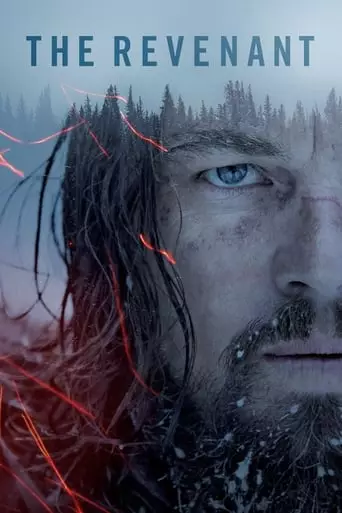
In the 1820s, a frontiersman, Hugh Glass, sets out on a path of vengeance against those who left him for dead after a bear mauling.
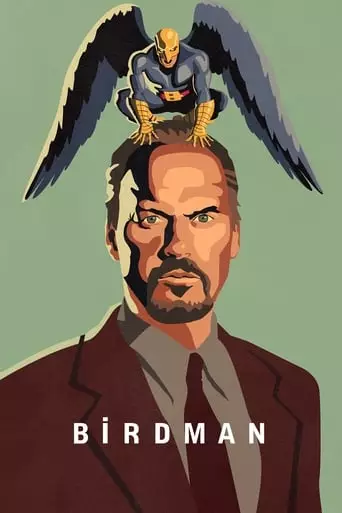
A fading actor best known for his portrayal of a popular superhero attempts to mount a comeback by appearing in a Broadway play. As opening night approaches, his attempts to […]
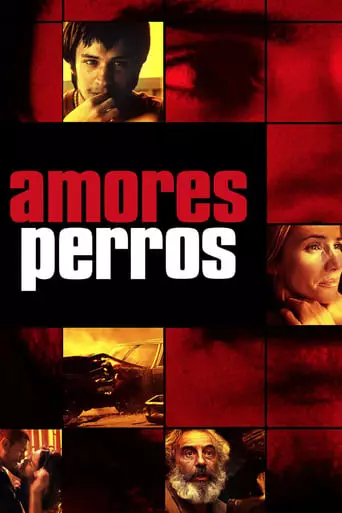
A fatalistic car crash in Mexico city sets off a chain of events in the lives of three people: a supermodel, a young man wanting to run off with his […]
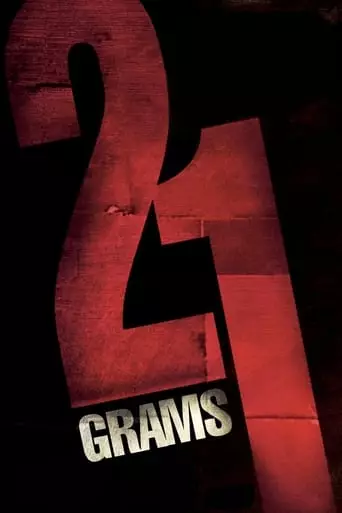
Paul Rivers, an ailing mathematician lovelessly married to an English émigré; Christina Peck, an upper-middle-class suburban housewife and mother of two girls; and Jack Jordan, a born-again ex-con, are brought […]
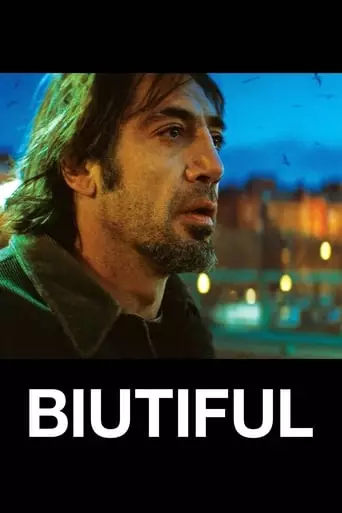
This is a story of a man in free fall. On the road to redemption, darkness lights his way. Connected with the afterlife, Uxbal is a tragic hero and father […]
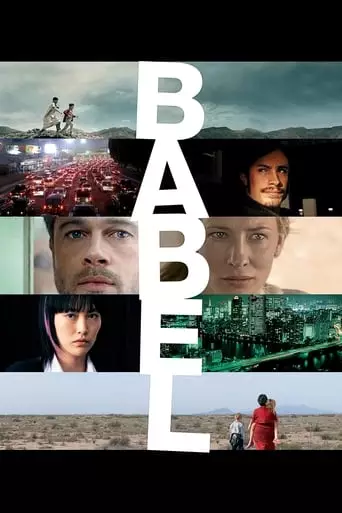
In Babel, a tragic incident involving an American couple in Morocco sparks a chain of events for four families in different countries throughout the world. Babel (2006), directed by Alejandro […]
Alejandro González Iñárritu: The Master of Emotional and Cinematic Depth
Alejandro González Iñárritu is one of the most celebrated filmmakers of contemporary cinema, known for his profound storytelling, innovative techniques, and exploration of the human condition. A Mexican director, producer, and screenwriter, Iñárritu has earned global acclaim for his ability to weave intricate narratives and deliver emotionally charged films that resonate deeply with audiences.
Early Life and Career Beginnings
Born on August 15, 1963, in Mexico City, Iñárritu’s early life was marked by diverse cultural influences. He studied communications at the Universidad Iberoamericana and began his career in the media industry as a radio host for WFM, one of Mexico’s most popular radio stations in the 1980s. During this period, he developed a deep appreciation for music and storytelling, which would later influence his filmmaking.
After transitioning to television and advertising, Iñárritu founded Zeta Films, a production company that allowed him to experiment with short films and commercials. His early work in these mediums helped him hone his skills in visual storytelling and narrative structure.
Breakthrough with Amores Perros
Iñárritu’s feature film debut, Amores Perros (2000), catapulted him to international fame. The film, a gritty, multi-narrative drama set in Mexico City, explores themes of love, loss, and redemption through the lives of three interconnected characters. It was praised for its raw emotional intensity, nonlinear storytelling, and compelling performances, particularly by Gael García Bernal.
Amores Perros earned critical acclaim, winning the Critics’ Week Grand Prize at the Cannes Film Festival and receiving an Academy Award nomination for Best Foreign Language Film. The film established Iñárritu as a bold and visionary director capable of crafting complex, character-driven stories.
The Trilogy of Death
Following the success of Amores Perros, Iñárritu collaborated with screenwriter Guillermo Arriaga on two more films, completing what is often referred to as the “Trilogy of Death.”
21 Grams (2003) starred Sean Penn, Naomi Watts, and Benicio Del Toro in a nonlinear narrative that delves into themes of grief, guilt, and redemption. The film’s fragmented storytelling and powerful performances garnered critical acclaim and multiple award nominations.
Babel (2006), a sprawling, multilingual drama, interweaves four stories across three continents, exploring themes of communication, cultural barriers, and human interconnectedness. The film won the Golden Globe for Best Motion Picture – Drama and earned seven Academy Award nominations, including Best Picture and Best Director, with Iñárritu winning the Best Director award at Cannes.
Innovative Storytelling and Cinematic Experimentation
After parting ways with Arriaga, Iñárritu continued to push cinematic boundaries with his subsequent projects.
Biutiful (2010) marked a departure from his earlier ensemble narratives, focusing instead on a single character, played by Javier Bardem. The film, a haunting exploration of mortality and redemption, earned Bardem an Academy Award nomination for Best Actor and further solidified Iñárritu’s reputation as a master of emotional storytelling.
The Golden Era: Birdman and The Revenant
Iñárritu reached new heights of critical and commercial success with Birdman or (The Unexpected Virtue of Ignorance) (2014). A dark comedy-drama about a washed-up actor attempting to revive his career, the film is renowned for its innovative use of long takes, creating the illusion of a single continuous shot. Starring Michael Keaton, Emma Stone, and Edward Norton, Birdman won four Academy Awards, including Best Picture, Best Director, and Best Original Screenplay.
In 2015, Iñárritu followed up with The Revenant, a visceral survival epic based on the true story of frontiersman Hugh Glass. Starring Leonardo DiCaprio and Tom Hardy, the film is a visual masterpiece, featuring stunning cinematography by Emmanuel Lubezki and a harrowing central performance by DiCaprio, who won his first Oscar for the role. Iñárritu won his second consecutive Academy Award for Best Director, a rare feat achieved by only a few filmmakers in history.
Themes and Style
Iñárritu’s films are characterized by their emotional depth, visual innovation, and exploration of universal themes such as mortality, identity, and human connection. His storytelling often challenges conventional structures, employing nonlinear narratives, long takes, and immersive sound design to create a visceral experience for the audience.
He frequently collaborates with some of the industry’s finest talents, including cinematographer Emmanuel Lubezki and composer Gustavo Santaolalla, whose contributions have become integral to the distinct aesthetic of his films.
Legacy and Influence
As one of the “Three Amigos of Cinema,” alongside fellow Mexican filmmakers Alfonso Cuarón and Guillermo del Toro, Iñárritu has played a pivotal role in elevating Mexican cinema on the global stage. His success has paved the way for other Latin American filmmakers and demonstrated the universal appeal of stories rooted in cultural specificity.
Iñárritu’s work continues to inspire audiences and filmmakers alike, blending profound emotional resonance with groundbreaking cinematic techniques. With a career marked by artistic risk-taking and a commitment to exploring the depths of the human experience, Alejandro González Iñárritu remains a towering figure in modern cinema, redefining what storytelling can achieve on the silver screen.